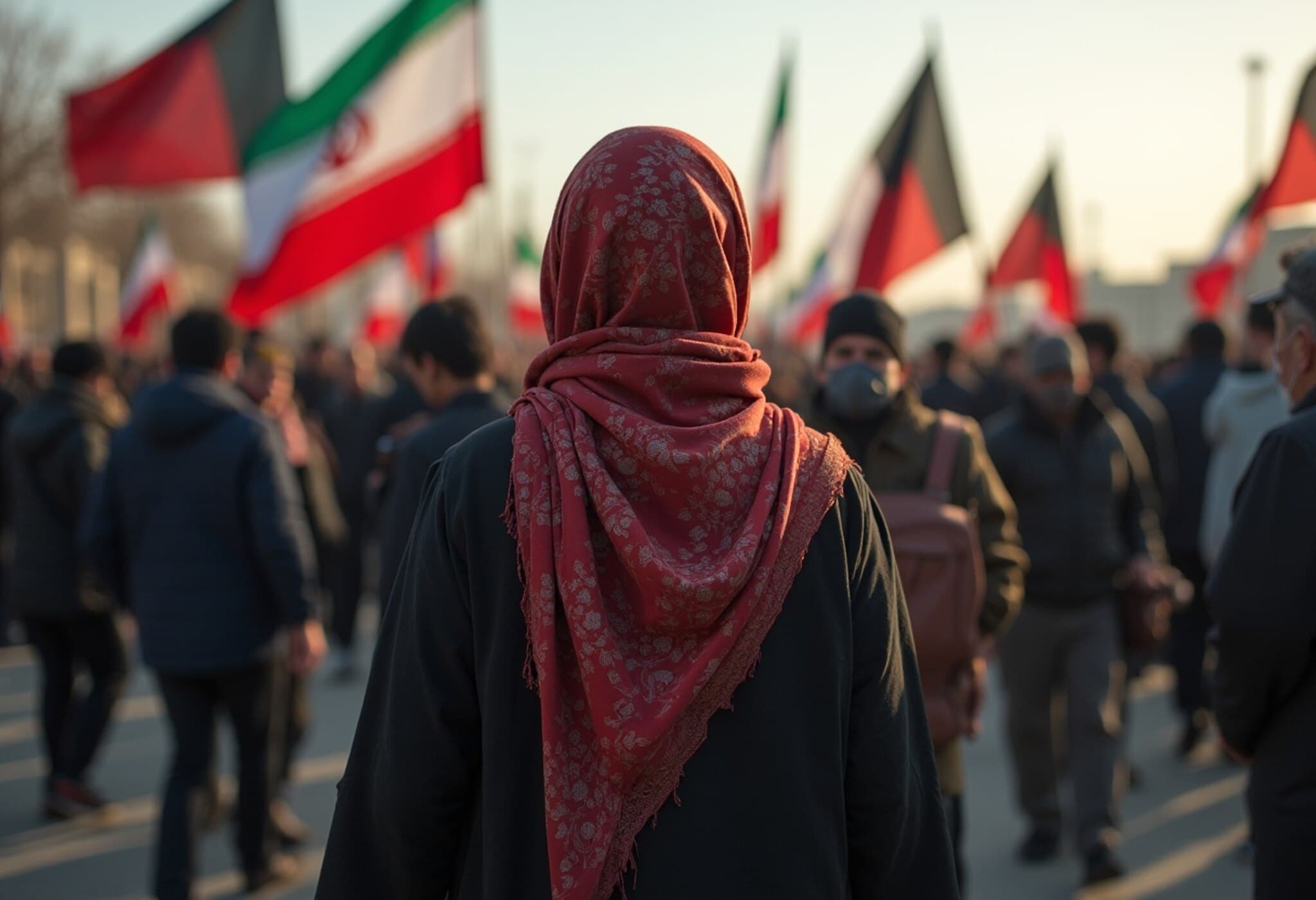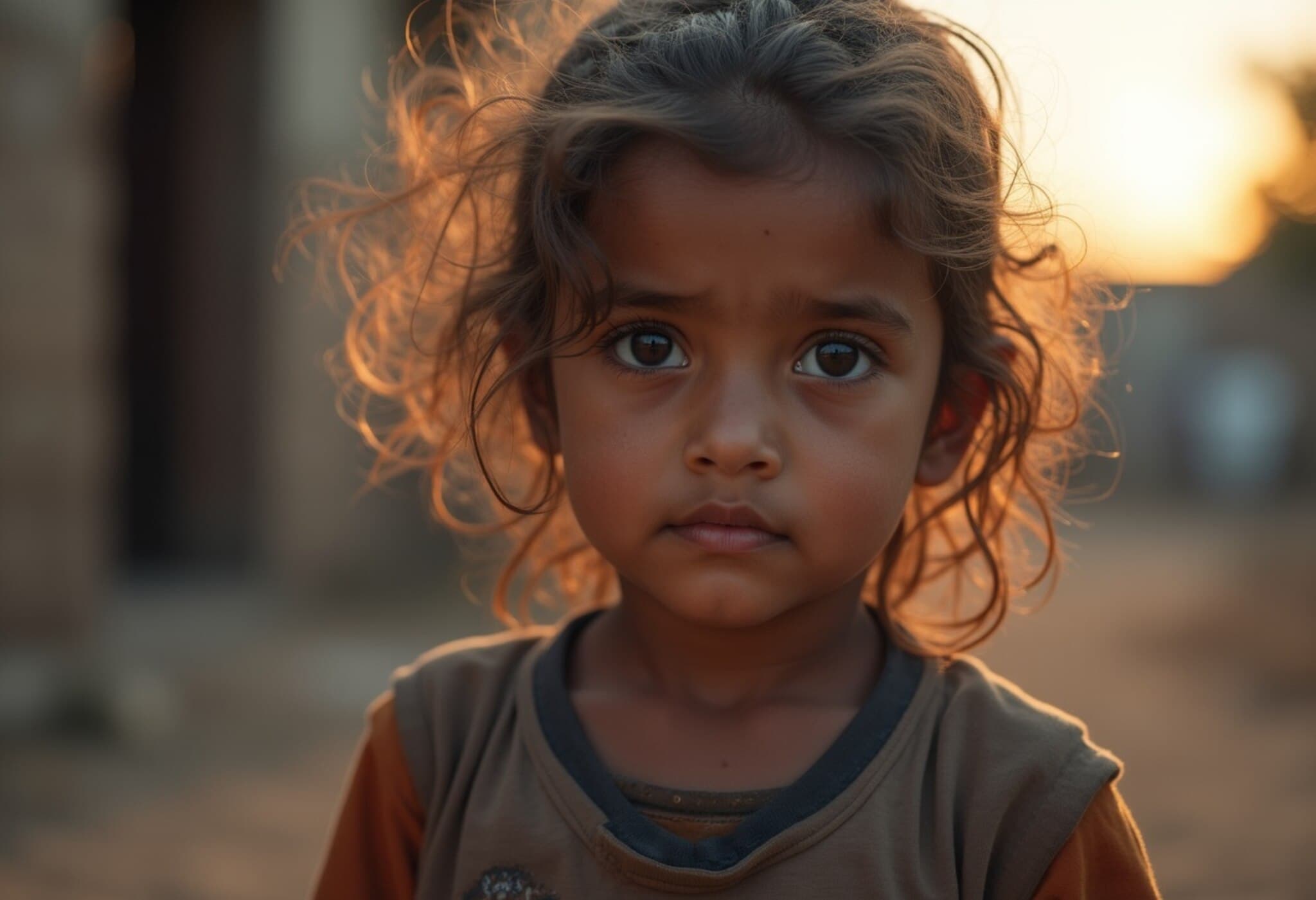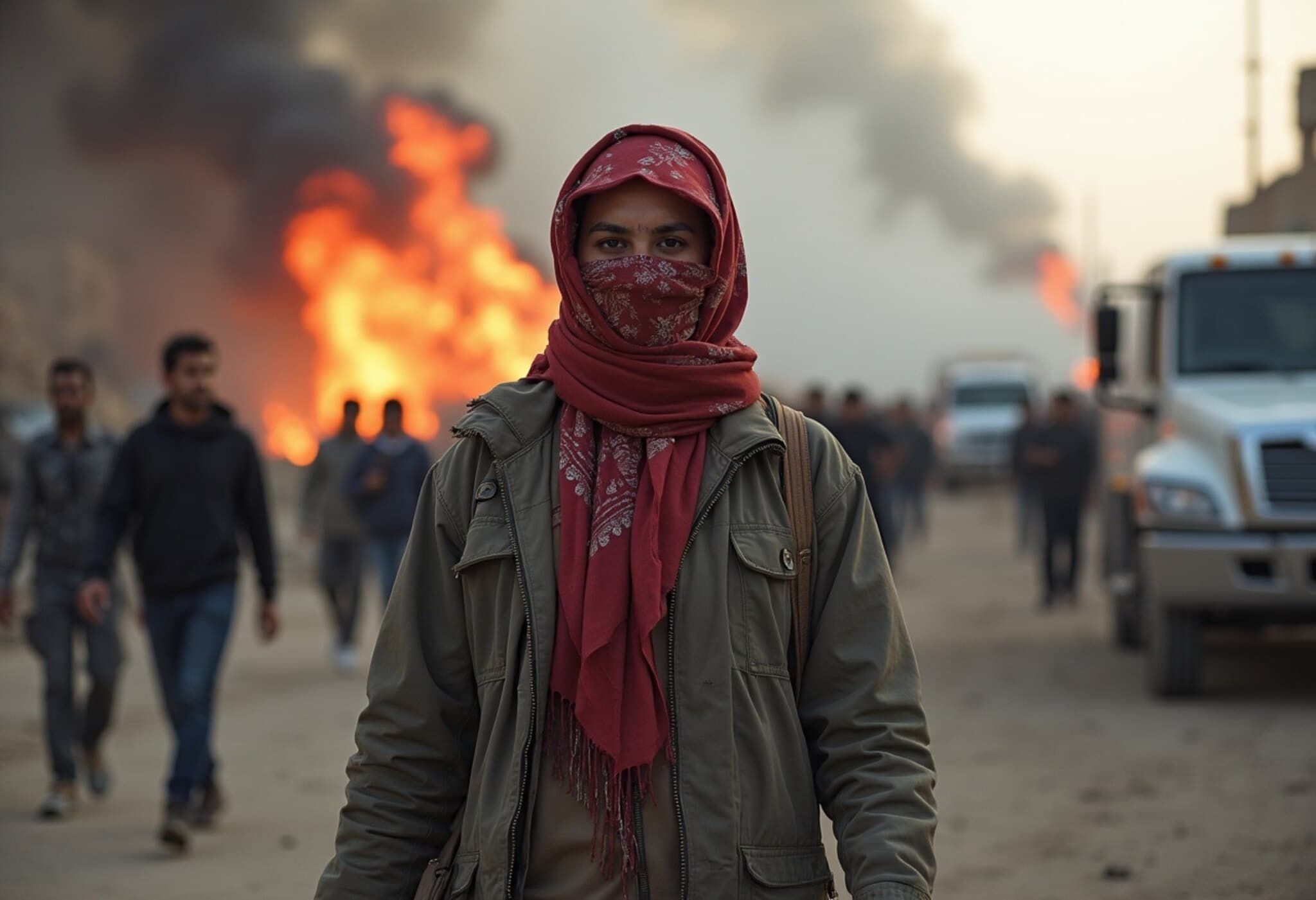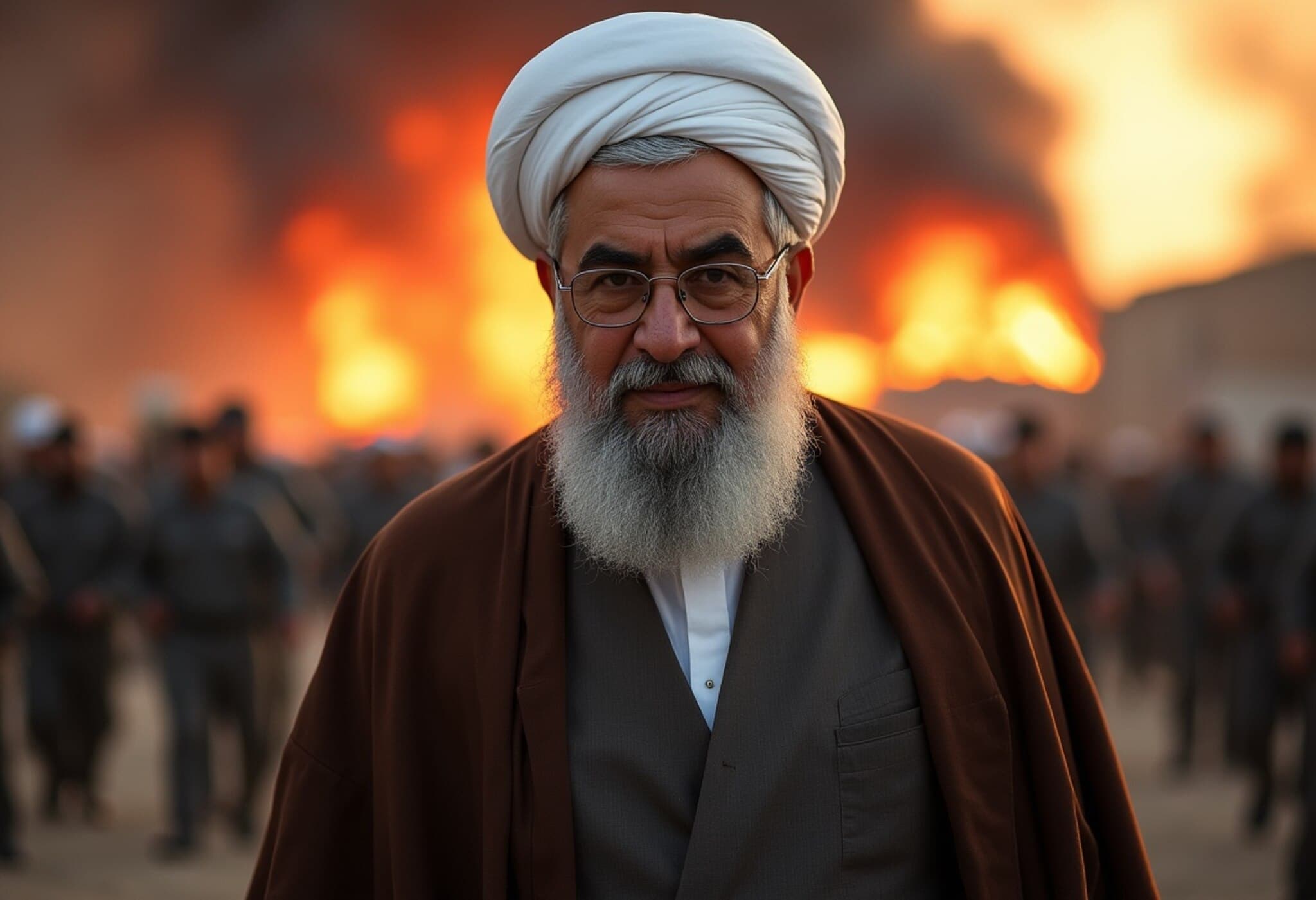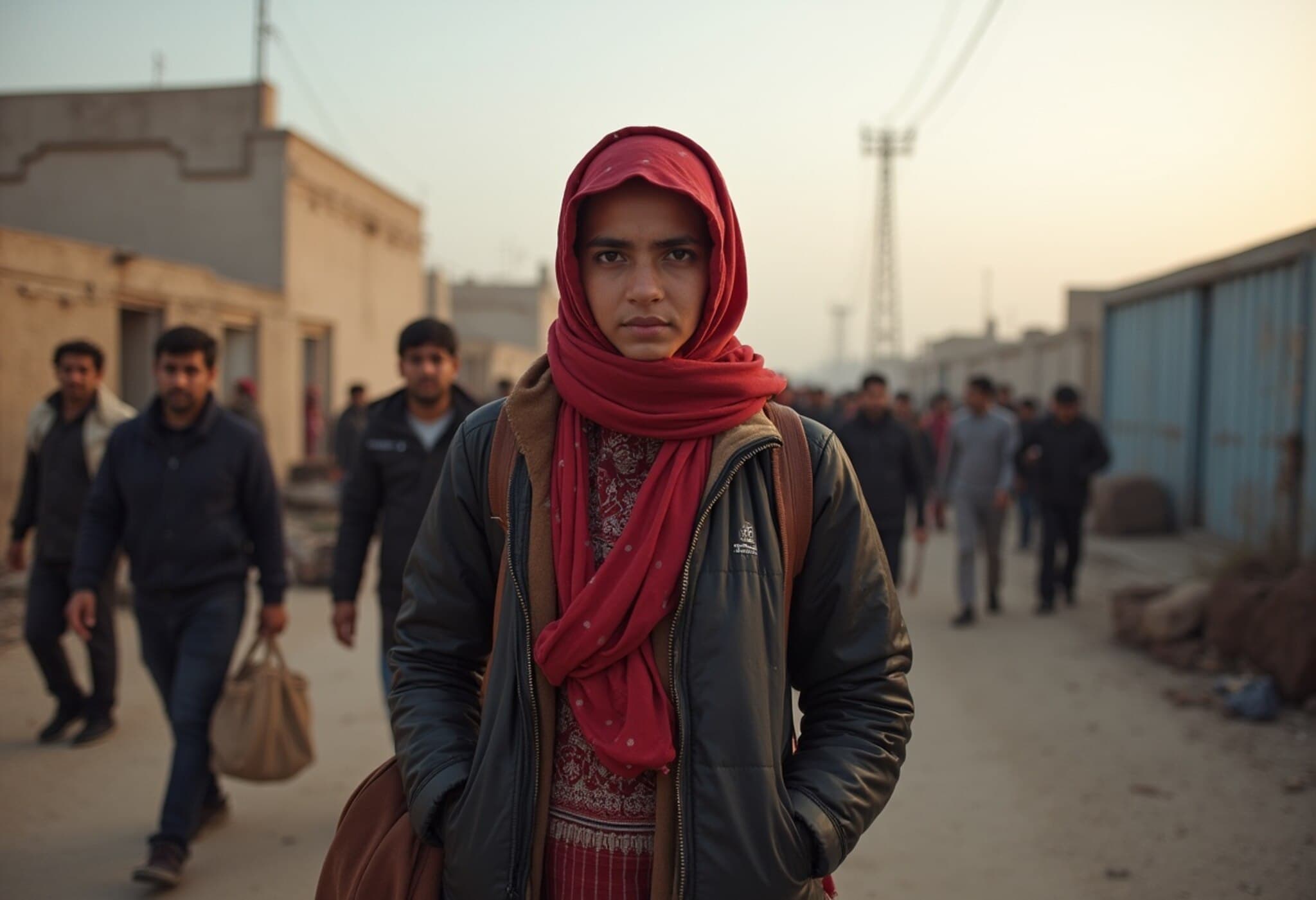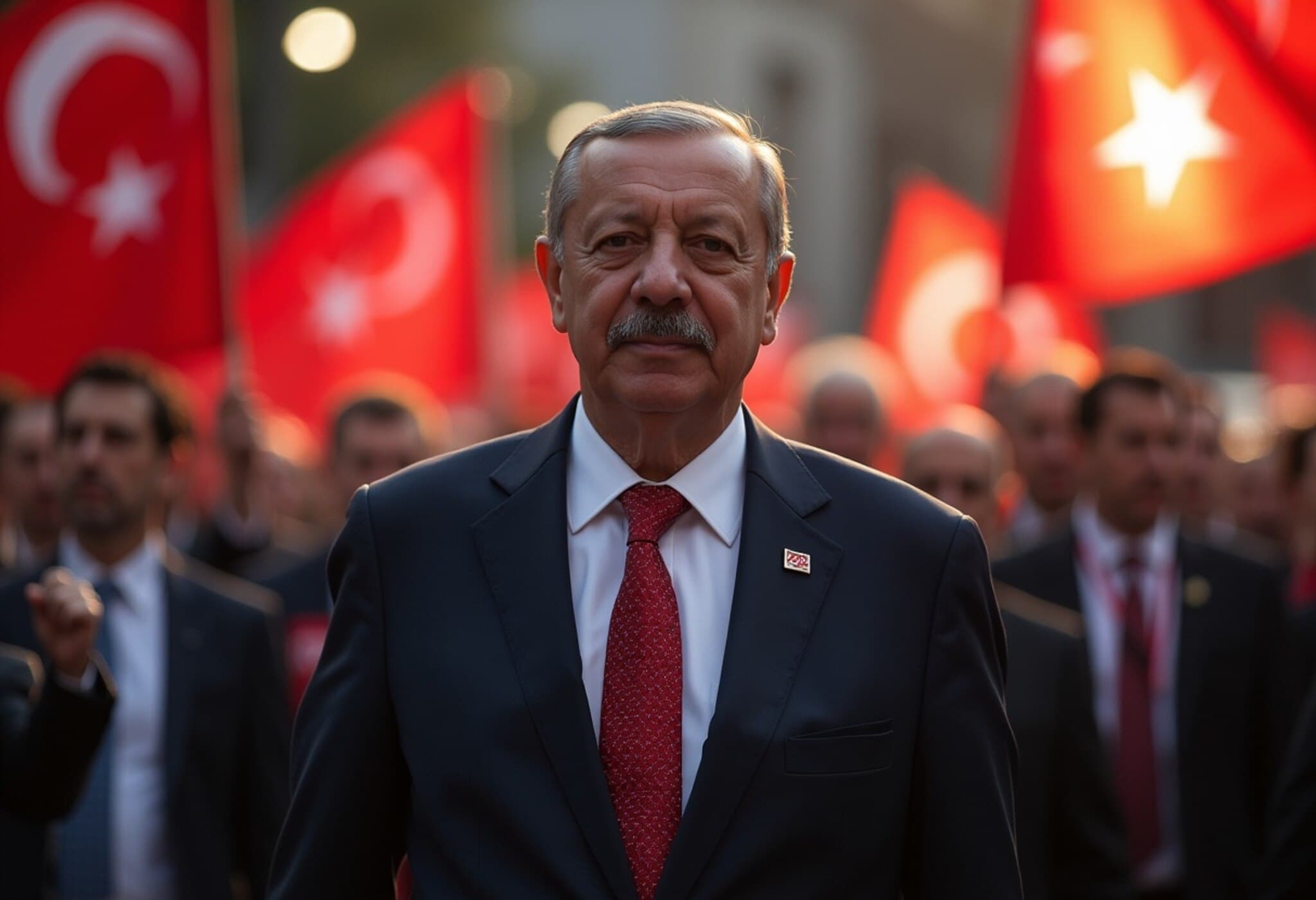Iran Escalates Deportation of Afghan Refugees Amid Controversial Espionage Allegations
In a move that has sent shockwaves through the international humanitarian community, Iran has ramped up deportations of Afghan refugees, citing accusations that some undocumented migrants collaborated in Israeli airstrikes. Since June 1, over 1 million Afghans have been forced to return to Afghanistan, including at least 627,000 deportees, according to United Nations estimates.
Claims of Espionage and Intelligence Breaches
Iranian authorities allege that several Afghans arrested on espionage charges were found with bomb- and drone-making manuals—claims that remain unverified by independent sources. The semi-official Tasnim news agency, affiliated with the Islamic Revolutionary Guard Corps, reported arrests linked to these espionage allegations. Meanwhile, Iranian state television accused certain Afghan migrants of aiding Israel during a 12-day bombing campaign in June. Israel has not publicly responded to these accusations.
Historical Context: Iran’s Role as a Refuge for Afghans
Tehran has been home to one of the world's largest Afghan refugee populations, ranging between 3 and 6 million individuals, many having fled conflict and instability following the Taliban’s return in 2021. For decades, Iran projected itself as a sanctuary for Afghans, underpinned by shared cultural and religious ties, notably within the Shia Hazara minority, who have historically faced persecution in Afghanistan.
Humanitarian and Socioeconomic Fallout
The deportation campaign has ignited widespread concern among humanitarian organizations. The UN High Commissioner for Refugees (UNHCR) warned that these mass returns could have "devastating consequences" for a fragile Afghanistan already grappling with crippling poverty, sanctions, and protracted conflict.
- Economic repercussions: Remittances from Afghans working in Iran have been a vital financial lifeline for countless families back home. The abrupt loss of this support threatens to deepen the country’s economic crisis.
- Integration barriers: Despite their prolonged stay, Afghans in Iran are often excluded from citizenship unless through a parent with Iranian nationality. Many face strict limits on education and employment, with most relegated to informal, low-paid sectors.
- Violation of human rights: Amnesty International condemned the expulsions as breaches of the principle of non-refoulement—the prohibition against returning individuals to places where they could face serious harm. Women and girls, in particular, are vulnerable under Taliban rule due to severe restrictions on their rights and freedoms.
Discrepancies and Growing Hostility
While Iran claims only undocumented migrants are targeted, multiple reports from human rights groups highlight troubling instances where refugees’ valid documents were deliberately destroyed by police, effectively stripping them of legal status before deportation. This practice underscores a shift from Iran’s previous stance of hospitality toward Afghan refugees, signaling rising xenophobia and a growing perception of Afghans as security threats rather than guests.
The Human Toll: Stories from the Ground
Deportees recount frightening experiences of large-scale roundups in urban centers, transfer to isolated detention facilities, and strenuous journeys to the border at Islam Qala. Many return to a homeland plagued by economic collapse, scarcity of basic services, and ongoing insecurity. The UN Assistance Mission in Afghanistan has documented reports of torture, arbitrary detention, and intimidation against the forcibly returned.
Calls for Moderation and International Response
Even Taliban officials, including Prime Minister Mullah Muhammad Hassan, have urged Iran for a more gradual deportation process, highlighting the risks of an abrupt influx amid Afghanistan’s fragile conditions. Meanwhile, humanitarian organizations press for respect of international norms protecting refugee rights and warn against exacerbating an already dire humanitarian crisis.
Expert Insight: What’s at Stake for Regional Stability?
From a geopolitical lens, this deportation drive reflects a complex intersection of regional security anxieties and long-term demographic challenges. The accusations of espionage implicating Afghan migrants can be viewed as part of Tehran’s broader concerns over Israeli activities and intelligence operations in the region. However, the swift crackdown risks alienating a vulnerable community that has for years contributed economically and socially to Iranian society.
Moreover, the human rights implications raise pressing questions for the international community: How can regional partners and global institutions effectively safeguard refugees’ rights amidst competing security narratives? The fate of millions of Afghans caught between geopolitical turbulence and humanitarian vulnerability remains precarious.
Key Questions Moving Forward
- Will Iran’s deportation campaign escalate tensions along its eastern borders?
- How will the loss of remittances impact Afghanistan’s already fragile economy?
- What mechanisms can ensure protection against collective punishment based on unproven security allegations?
Editor’s Note
This unfolding story reveals an urgent humanitarian challenge entangled with complex geopolitical layers. While national security concerns cannot be dismissed, the mass deportation of Afghan refugees from Iran threatens to deepen regional instability and exacerbate human suffering. It invites reflection on our shared responsibility to protect displaced communities and uphold international law, even amid enduring conflict and suspicion.
As global audiences follow this crisis, it is imperative to amplify the voices of refugees themselves and to scrutinize claims with rigorous journalistic standards—avoiding narratives that could unjustly stigmatize vulnerable populations. Only through balanced, empathetic, and informed reporting can media contribute to constructive discourse in a deeply fractured region.

